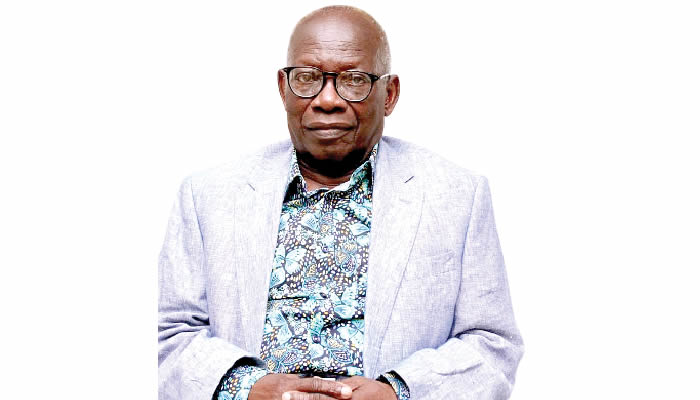The specter of one-party dominance looms large over Nigeria’s political landscape, raising concerns about the future of democracy, development, and human security. The current wave of defections from opposition parties to the ruling All Progressives Congress (APC) echoes similar patterns in Nigeria’s political history, raising fears of a repeat of the democratic derailments witnessed during the First and Second Republics. These defections, fueled by the misuse of incumbency, a culture of political impunity, a weak party system, and an electoral framework that encourages such movements, threaten to undermine free and fair elections and stifle genuine political competition. The prevailing public apathy towards these developments further exacerbates the situation, creating a fertile ground for the erosion of democratic principles. The critical question remains: will these defections pave the way for an APC victory in 2027, or will countervailing forces emerge?
The factors driving the ongoing defections are multifaceted and interconnected. The ruling party’s exploitation of its position of power to manipulate and intimidate political opponents is a key factor. This is coupled with a political culture that normalizes impunity and views politics as a means for personal enrichment, often achieved through the corrupt manipulation of public procurement processes. The fragility of the party system, characterized by a lack of shared principles and internal democracy, further contributes to this trend. Moreover, ambiguities within the electoral law regarding the repercussions of defections create loopholes that politicians exploit, emboldened by the absence of public outrage against these actions. Addressing these underlying issues is crucial for preventing further erosion of political stability and fostering a healthier democratic environment.
While the impact of these defections on the 2027 elections remains uncertain, it’s essential to analyze the potential consequences. The opposition faces a daunting challenge in light of these defections. They must embrace Machiavellian principles, prioritizing the public interest over individual ambitions, and work towards uniting the citizenry against the potentially detrimental effects of unchecked political power. Whether a coalition or opposition force can successfully challenge the APC in 2027 depends on various evolving factors, including public sentiment, economic conditions, and potential shifts in the political landscape. Conducting thorough surveys and assessments closer to the election period would provide a clearer picture of the political dynamics at play.
The ethnic dimension of Nigerian politics adds another layer of complexity. While some observers anticipate a North versus South presidential election in 2027, focusing solely on regional divisions overlooks the broader socio-political context. Ethnicity, a significant driver of electoral politics, both positive and negative, must be analyzed not simply as a binary division, but as a multifaceted force shaping alliances and influencing voter behavior. Understanding the intricate interplay of ethnic interests, political ambitions, and national aspirations is crucial for comprehending the dynamics of the 2027 elections.
Nigeria’s federal system, designed by the founding fathers and mothers to balance the competing forces of ethnicity, has struggled to overcome the deep-seated mutual mistrust and fear of domination among various ethnic groups. This has led to what can be termed an “ethnic federation,” where autonomy is granted to ethnic groups in their homelands while shared rule at the federal level remains a persistent challenge. The lack of a constitutional mandate for rotational presidency, coupled with the absence of a genuine commitment to power-sharing among political elites, fuels controversies and undermines the stability of the federal system. The issue of rotational presidency continues to be plagued by broken agreements and mistrust, hindering the development of truly national parties and perpetuating ethnically driven politics.
The current National Assembly’s performance has been met with criticism, particularly concerning its seeming subservience to the executive branch. The lack of thorough scrutiny of ministerial nominations and budgets, as well as a perceived reluctance to exercise its oversight responsibilities, raises concerns about the weakening of checks and balances within the government. This erosion of the separation of powers raises the specter of a single-party authoritarian state, characterized by impunity and abuse of power. It underscores the need for citizens to remain vigilant and demand accountability from their elected officials to safeguard democratic principles. The imperative for local government autonomy further highlights the need for a more balanced distribution of power within the Nigerian federation. Implementing this autonomy, however, requires a consensus among political leaders to extend the same limited autonomy granted to state governments to the local level, a move essential for strengthening grassroots democracy and fostering more responsive governance.


